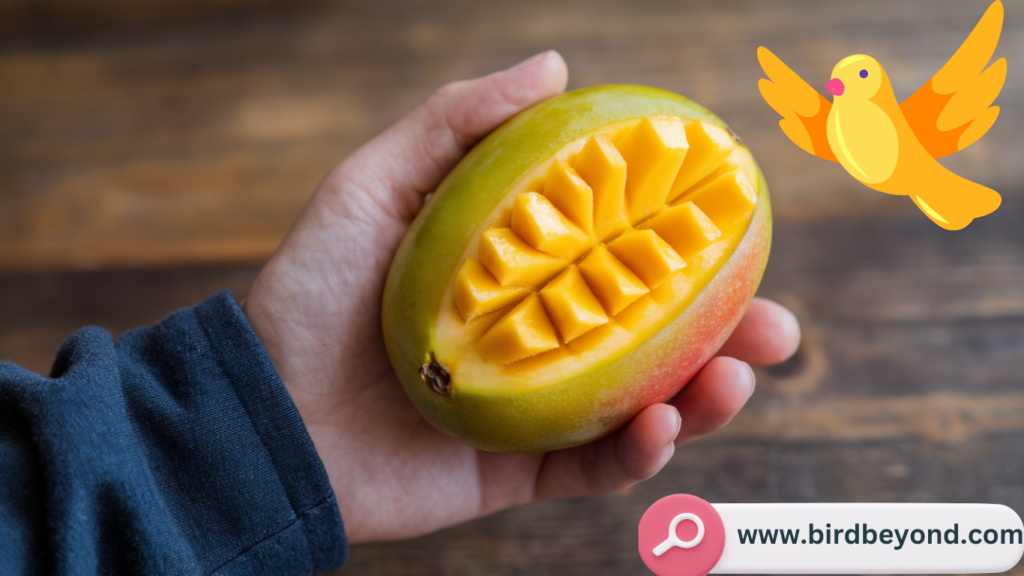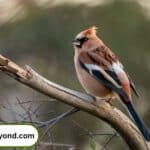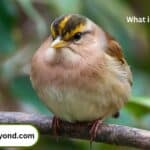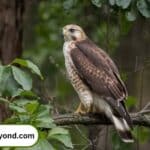When it comes to the diet of our feathered friends, many pet owners and bird enthusiasts often wonder, “Can birds eat mango?” This tropical fruit, beloved for its sweetness and vibrant flavor, raises an interesting question about its safety and nutritional benefits for birds. In this extensive guide, we will delve into the world of mangoes and birds, exploring the nutritional value of mango for birds, the species that might enjoy it, safe serving methods, and precautions to take when introducing this fruit to their diets.
Understanding Mango: A Nutritional Powerhouse for Birds
Mango is not just a delicious fruit; it’s a treasure trove of nutrients that can benefit birds immensely. Understanding the nutritional profile of mango is crucial to answering the question, “Can birds eat mango?”
The Nutritional Value of Mango for Birds
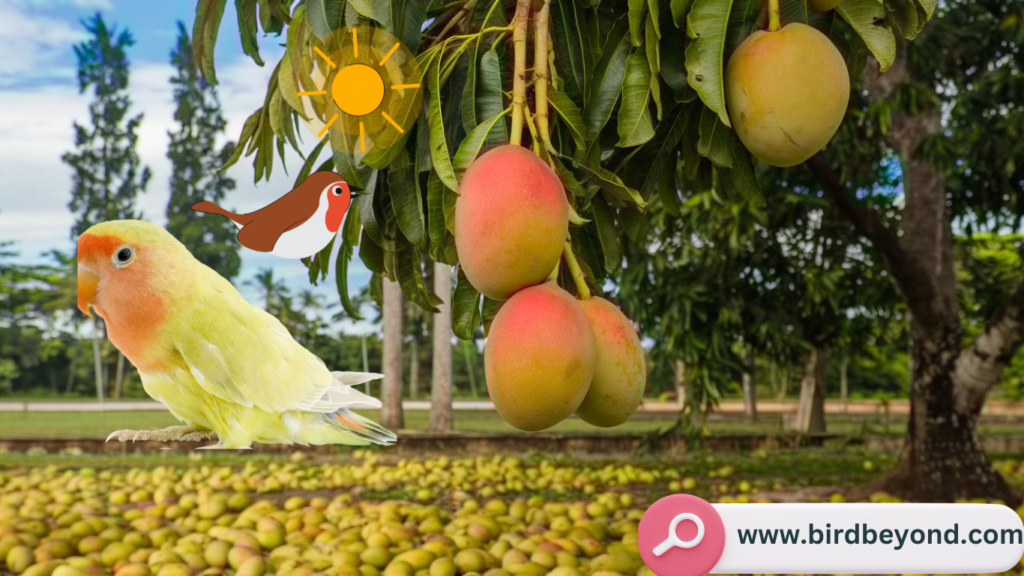
Mango is packed with essential vitamins and minerals that contribute to a bird’s health.
- Vitamin A: This vitamin is vital for maintaining good vision, a healthy immune system, and reproductive health in birds. Many birds, especially species like parrots, require Vitamin A to thrive.
- Vitamin C: While birds can produce Vitamin C, offering mango enhances their diet and provides extra support for their immune systems.
- Antioxidants: The antioxidants found in mangoes help to combat oxidative stress, supporting cellular health in birds.
- Dietary Fiber: Mangoes contain fiber that aids digestion, helping to prevent gastrointestinal issues, a common concern in avian diets.
- Natural Sugars: These provide quick energy, especially beneficial for active species. However, moderation is key to prevent obesity.
Nutritional Summary Table
| Nutrient | Benefits for Birds |
|---|---|
| Vitamin A | Supports vision and immune function |
| Vitamin C | Boosts overall health and immunity |
| Antioxidants | Protects cells from oxidative damage |
| Dietary Fiber | Aids in digestion |
| Natural Sugars | Provides energy |
Can Birds Eat Mango? Yes, but Which Birds Enjoy It?
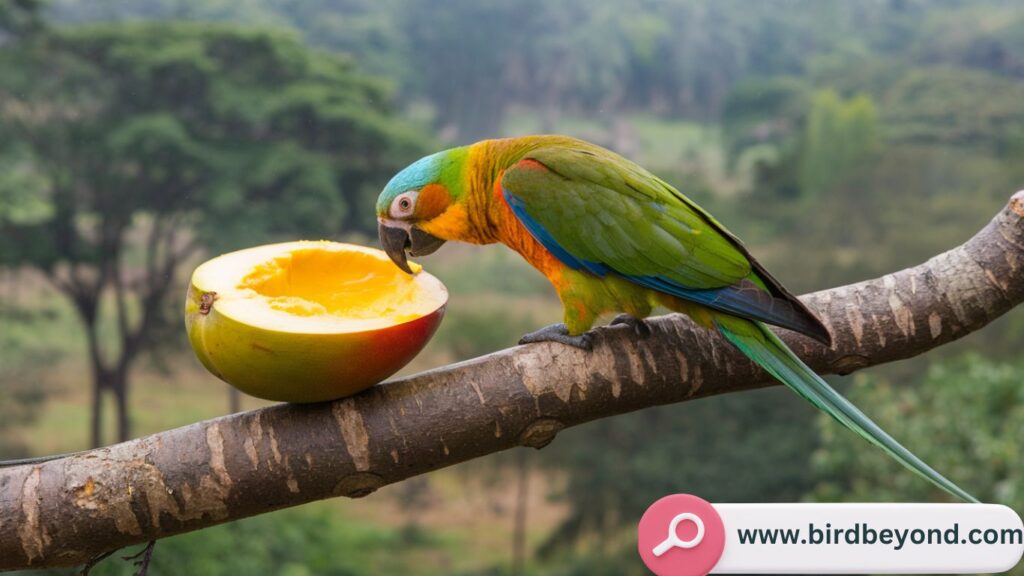
The answer to the question “Can birds eat mango?” is a resounding yes, but it’s essential to identify which birds might enjoy it most. Many species have a natural inclination towards fruit, including mangoes.
Birds That Love Mango
- Parrots: Known for their diverse diets, parrots relish mango. They are often seen enjoying both the flesh and juice, making mango a staple treat.
- Finches: With their preference for sweet foods, finches will eagerly partake in mango. Providing mango can make your backyard more inviting for these colorful birds.
- Sparrows: Although sparrows primarily prefer seeds, many are willing to indulge in the occasional fruit treat, including mango.
- Woodpeckers: Some woodpecker species enjoy fruits like mango, especially when they’re trying to gain extra energy during breeding season.
Exotically Birds That Benefit from Mango
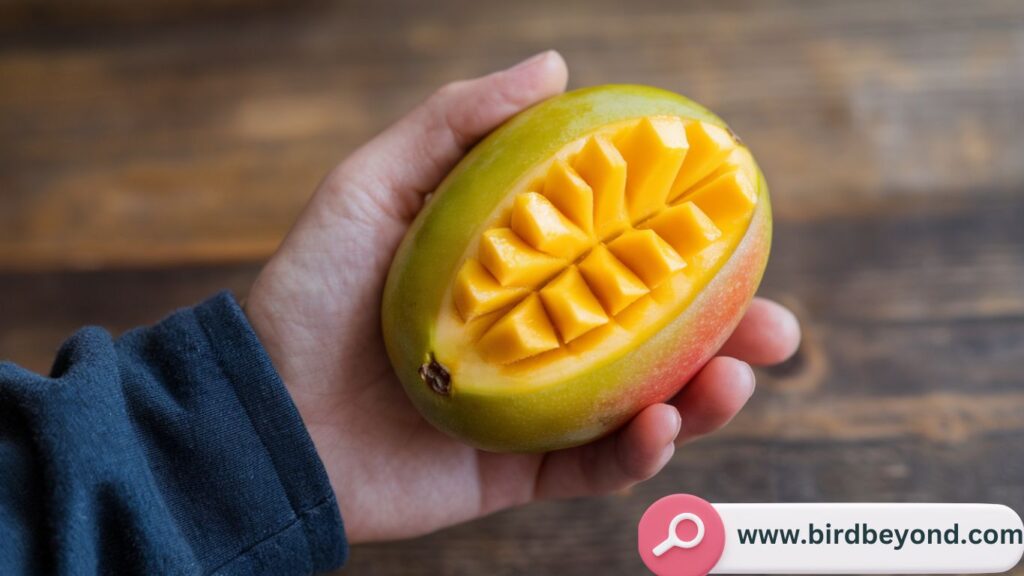
In addition to common backyard birds, several exotically species are known for their love of mangoes:
- Macaws: These vibrant birds thrive on a fruit-based diet, making mango a nutritious choice.
- Toucans: With their large beaks, toucans can handle and enjoy mango, adding variety to their diet.
By knowing which birds appreciate mango, you can better understand how to attract them to your yard or garden.
How to Serve Mango to Birds: Practical Tips
Once you confirm that birds can eat mango, the next step is understanding how to serve it safely and appealingly.
Selecting and Preparing Mango
Choosing Ripe Mangoes
To ensure that you’re providing the best mango for birds, follow these guidelines when selecting ripe fruit:
- Color: Look for a vibrant yellow or orange hue, depending on the mango variety.
- Texture: Gently squeeze the mango. It should yield slightly, indicating it is ripe and ready to eat.
- Smell: A sweet aroma near the stem signifies ripeness, ensuring it will be palatable for birds.
Proper Washing and Cutting Techniques
- Thorough Washing: Rinse the mango under running water to eliminate pesticides or contaminants. For safety, consider choosing organic mangoes.
- Cutting the Mango:
- Slice the mango along its pit to create two halves.
- Use a spoon to scoop out the flesh and cut it into small, bite-sized pieces that are easy for birds to handle.
- Avoiding the Skin: While mango skin is not toxic, it can be tough for some birds to eat. It’s best to provide just the fruit’s flesh.
Serving Methods for Mango
There are several effective ways to offer mango to birds, ensuring they enjoy its nutritional benefits.
Fresh Mango Chunks
Cut fresh mango into small chunks and place them in a bird feeder or on a flat platform feeder. This method allows birds to pick at the fruit easily.
Mango Puree
For smaller birds or those unfamiliar with mango, consider making a puree. Simply blend ripe mango until smooth and serve it in a shallow dish. This method helps birds taste the fruit without the challenge of chewing.
Mango in Bird Feeders
If you have a mango bird feeder, you can attach small pieces of mango to the feeding platform. This setup attracts various birds while keeping the fruit safe from pests and dirt.
Incorporating Mango into a Balanced Diet
While mango is nutritious, it should not be the sole component of a bird’s diet. Offer a variety of foods, including seeds, nuts, and other fruits, to ensure a well-rounded intake.
Precautions When Feeding Mango to Birds
While the answer to “Can birds eat mango?” is affirmative, there are precautions to consider when introducing this fruit to their diet.
Moderation is Key
Even though mango is a healthy treat, it should only be offered in moderation. Too much fruit can lead to digestive issues or obesity in birds. A few small pieces a few times a week is sufficient.
Monitoring for Allergies
When introducing mango or any new food, observe for potential allergic reactions. Signs may include:
- Vomiting
- Diarrhea
- Behavioral changes
If you notice any of these symptoms, discontinue feeding mango and consult an avian veterinarian.
Pesticides and Chemical Residues
Mangoes can contain pesticides and chemicals harmful to birds. Always wash mangoes thoroughly or choose organic varieties to minimize exposure to harmful substances.
Avoiding Harmful Fruits
While mango is safe, some fruits can be toxic to birds. Avoid feeding them:
- Avocados: Contain persin, which is toxic to birds.
- Citrus Fruits: Although not toxic, they can cause digestive problems in some birds.
Attracting Birds with Mango: Enhancing Your Backyard
Feeding mango to birds can transform your backyard into a vibrant, lively environment. Here’s how you can enhance your space to attract more birds:
Creating a Bird-Friendly Environment
- Diverse Feeders: Use a variety of feeders to accommodate different bird species. Include platform feeders, tube feeders, and suet feeders.
- Planting Native Trees and Shrubs: Native plants provide natural food sources and shelter for birds. Consider planting mango trees or other fruit-bearing trees to draw in more species.
- Providing Fresh Water: A clean water source is essential. Birds need water not just for drinking but also for bathing.
- Using Mango as a Bait: If you wish to attract specific birds, place mango pieces strategically near your feeders or in quiet areas of your yard.
Case Study: Successful Attraction of Backyard Birds
One birdwatcher in Florida implemented a strategy using mango to attract birds to their yard. They started by offering fresh mango chunks alongside traditional birdseed in a platform feeder. Within weeks, they noticed an increase in parrot and finch visits.
Encouraged by their success, they expanded their offerings to include a variety of fruits, such as berries and apples, and planted fruit-bearing trees. This not only attracted more birds but also increased the diversity of species in their yard, creating a lively avian habitat.
Conclusion: The Benefits of Feeding Mango to Birds
The question “Can birds eat mango?” is not just about whether they can; it’s about understanding the myriad benefits that mango offers to our feathered friends. By incorporating this tropical fruit into their diets, you provide essential nutrients that can enhance their health and well-being.
Feeding mango to birds not only supports their nutrition but also enhances your backyard ecosystem. With the right preparation and precautions, you can create a welcoming environment for various bird species, transforming your space into a vibrant sanctuary filled with life.
Final Thoughts on Offering Mango to Birds
Incorporating mango into your backyard birds’ diets can be an enriching experience for both you and the birds. By understanding the nutritional value, serving methods, and precautions, you can confidently offer mango to your avian friends. So next time you enjoy a juicy mango, remember to share a piece with the birds; they will appreciate your thoughtful gesture!
Frequently Asked Questions
Can birds eat mango every day?
While mango is nutritious, it should not be fed to birds every day. Offering mango in moderation is best, providing a few small pieces several times a week alongside a balanced diet.
Are there any birds that shouldn’t eat mango?
Most birds can safely enjoy mango, but some species may experience digestive issues with acidic fruits. It’s best to introduce mango slowly and monitor any changes in behavior or health.
How do I know if my bird likes mango?
To determine if your bird enjoys mango, offer a small piece and observe its reaction. If the bird eagerly eats the mango, it’s likely a fan of the fruit. If it ignores the mango, try again later or with different fruits.
Is mango safe for wild birds?
Yes, mango is safe for wild birds. Providing fresh mango in your yard can attract various species, making your garden a vibrant spot for birdwatching.
Can I feed mango with the skin on?
While the skin of mango is not toxic, it can be tough for some birds to eat. It’s best to serve just the flesh of the mango to ensure easier consumption.

William Henry is a distinguished blogger with a flair for avian storytelling. With a wealth of experience, he delivers captivating insights and expert knowledge to Bird Beyond. William’s passion for birds and his engaging writing style make him a standout voice in the birdwatching community, offering readers both valuable information and delightful narratives.

